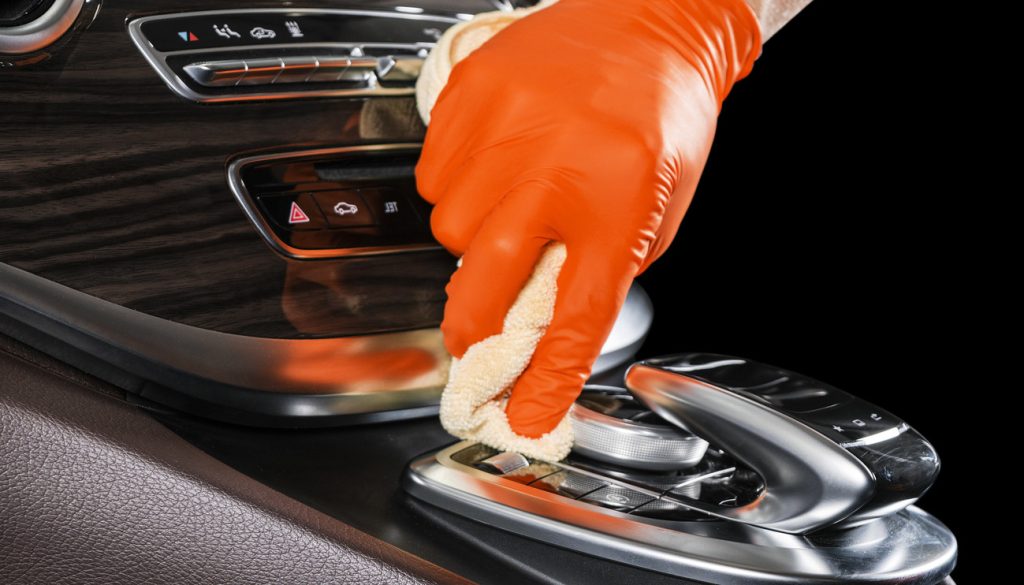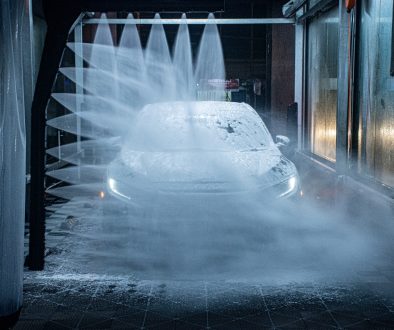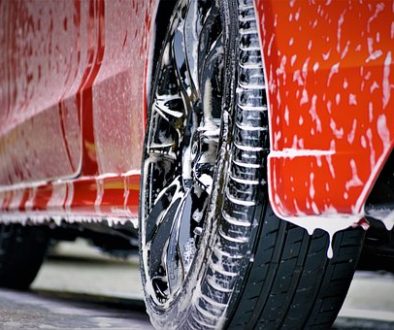How to clean your car to reduce the risk of coronavirus
Can my vehicle get sick from the coronavirus?
Nothing will happen to your car, truck or SUV should the coronavirus get onboard. But if not properly cleaned, your vehicle could be a hotbed of coronavirus and other infections and germs. It is for this reason that we suggest using hand sanitizers and disinfecting wipes to wipe down the interior of your car and any other area that could be considered a high-touch area. A good rule of thumb is to clean areas that you contact regularly and to sanitize your hands on an hourly basis.
One more bit of advice: We don’t recommend storing a large pump bottle of hand sanitizer in your car. The heat buildup may cause the alcohol in the sanitizer to “boil,” resulting in an expansion of the sanitizer’s bottle. This, in turn, might result in leakage and a mess that will require an extensive cleaning effort. It is a better idea to carry a more manageable-sized bottle, that can be on or near your personal effects, whether in the home, office or on the road.
What’s the best way to clean your vehicle to reduce the existence of coronavirus?
Alcohol works best in your automobile or SUV’s cabin. It is the cleaner most used by manufacturers of most automotive interiors today. All it takes is a quick wipe to clean most germs and fingerprints. Soap and water will work, too.
We suggest spending extra time on the steering wheel. The steering wheel has four times the amount of germs found on an average toilet seat, thanks to all the cracks and crevices on the rim and spokes, according to Expedia Travel Group’s website, CarRentals.com. For this reason, we suggest using disinfecting wipes to clean all the surfaces on the steering wheel. These include the redundant controls for radio, voice control, cruise control, navigation, and paddle shift levers. And don’t forget about the gear selector lever or the turn indicator stalks.
Also clean the door and center console armrests, display screens, cupholders, cubbyholes, air conditioner vents and even the door “grab handles.” You touch them more than you realize and are rife with bacteria and could carry coronavirus. You will very likely be surprised by the amount of dirt your wipes will pick up.
What not to use
We would advise against using any type of bleach or hydrogen peroxide on the vehicle’s interior. Both chemicals will put an end to the coronavirus germs, but they will also cause damage to the vinyl and plastics used in most modern vehicles today.
Under no circumstances should you use any ammonia-based cleaning products. These can be found in “blue glass cleaners.” (You know which we are talking about.) The ammonia breaks down the vinyl on the dashboard, making it sticky when subjected to heat and light. Additionally, to avoid damage to anti-glare coatings, the glass cleaner should not be used on touch display screens.
Finally, if you find yourself without any alcohol or other cleaners, a good scrubbing with soap and water will fill the bill. The coronavirus resides in a protective pocket that acts as a facilitator to infect other cells, but is broken down by soap. Heavy-duty cleaning will weaken the coronavirus. It just may take a little bit longer to effectively clean it properly. Don’t scrub too hard, though, as you might find you are removing some of the surface coatings or dyes.






